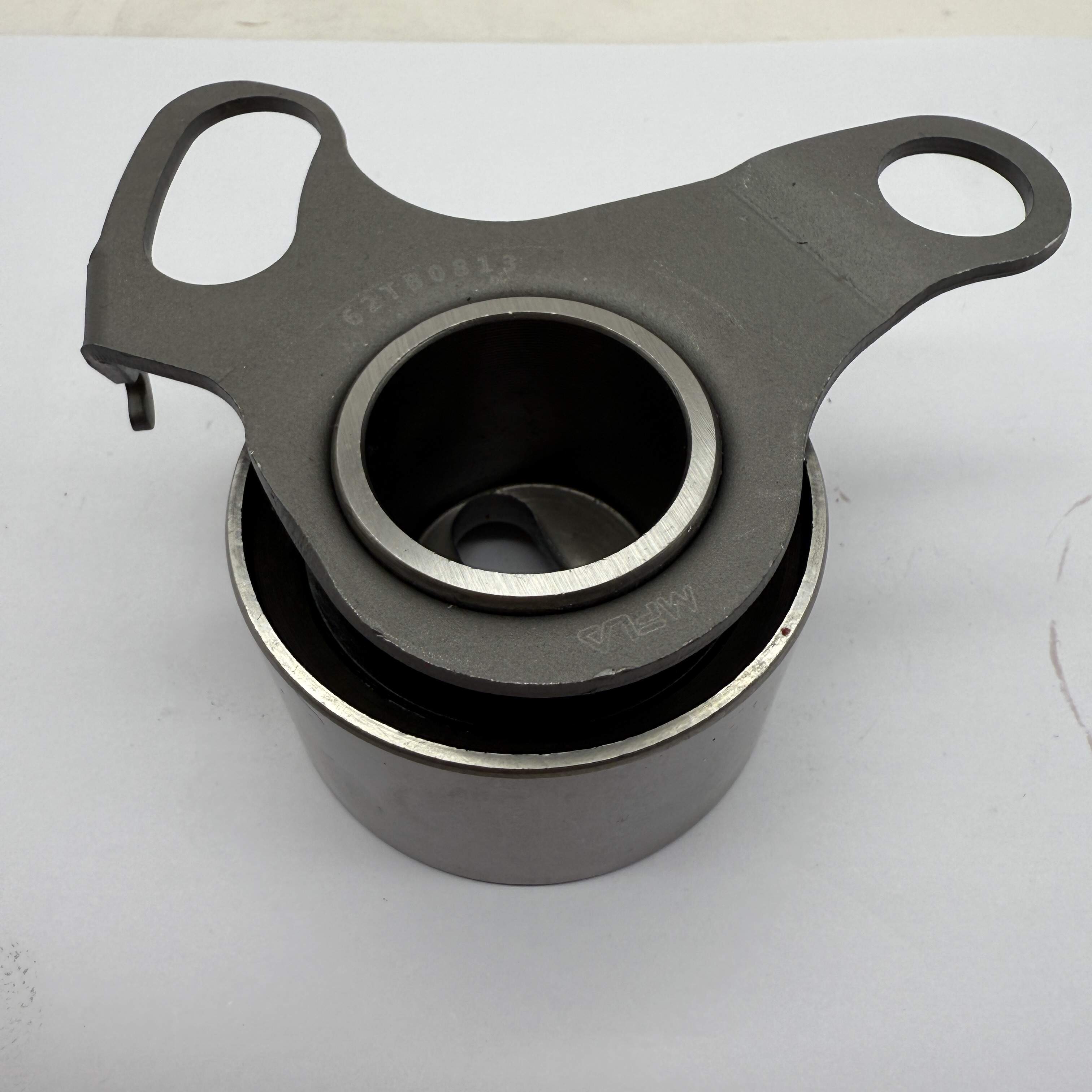Email format error
Email cannot be empty
Email already exists
6-20 characters(letters plus numbers only)
The password is inconsistent
Email format error
Email cannot be empty
Email does not exist
6-20 characters(letters plus numbers only)
The password is inconsistent


Belt Tensioner Bearings Suppliers: Ensuring Performance and Reliability
In the world of automotive and industrial machinery, belt tensioner bearings play a critical role in maintaining optimal performance and preventing system failures. These components ensure proper belt tension, reduce vibrations, and extend the lifespan of engines and machinery. As demand for reliable belt systems grows, choosing the right belt tensioner bearings supplier becomes essential for OEMs, maintenance teams, and distributors. This guide explores how to identify top suppliers, key industry trends, and why quality matters.
The Role of Belt Tensioner Bearings
Belt tensioner bearings are integral to timing systems, serpentine belts, and auxiliary drives in vehicles and industrial equipment. Their functions include:
-
Maintaining Optimal Tension: Preventing belt slippage or over-tightening.
-
Reducing Noise and Vibration: Ensuring smooth operation under varying loads.
-
Protecting Other Components: Minimizing wear on belts, pulleys, and engines.
-
Supporting High-Speed Operations: Withstanding rotational speeds and temperature fluctuations.
Failure of these bearings can lead to belt misalignment, noise, and costly downtime.
Key Considerations When Choosing a Supplier
-
Quality Certifications
Reputable suppliers adhere to international standards such as ISO 9001, IATF 16949 (automotive quality management), and ANSI/ABMA (bearing industry standards). Certifications ensure consistency, reliability, and compliance with safety regulations. -
Technical Expertise
Look for suppliers with deep engineering knowledge and experience in designing bearings for specific applications (e.g., automotive timing systems, industrial conveyors). -
Material and Manufacturing Capabilities
Top suppliers use high-grade materials like heat-treated steel, polyamide cages, and advanced seals to enhance durability and resistance to heat, corrosion, and contaminants. -
Customization and Support
Reliable suppliers offer tailored solutions for unique needs, including custom sizes, coatings, and sealing options. Technical support for installation and troubleshooting is also critical. -
Global Logistics and Scalability
Suppliers with robust distribution networks can ensure timely delivery and support for global operations. -
Reputation and Industry Partnerships
Established suppliers often serve renowned OEMs (e.g., automotive giants like Toyota or industrial leaders like Siemens), reflecting their reliability.
Leading Global Suppliers of Belt Tensioner Bearings
While many companies operate in this space, some stand out for their quality and innovation:
-
SKF (Sweden): Known for precision engineering and innovative bearing solutions.
-
NTN (Japan): Offers high-performance bearings with advanced sealing technologies.
-
Schaeffler (Germany): Produces robust tensioner bearings under the INA brand.
-
Gates Corporation (USA): Supplies integrated belt tensioner systems for automotive and industrial markets.
-
Chinese Manufacturers: Companies like MFLA Bearing and LYC Bearing provide cost-effective alternatives without compromising quality.
Many suppliers also offer complete tensioner assemblies, including brackets and pulleys.
Industry Trends and Innovations
-
Lightweight and Durable Designs
As vehicles and machinery evolve toward efficiency, suppliers are developing bearings with lighter materials (e.g., composites) without sacrificing strength. -
Enhanced Sealing Technologies
Innovations in seals protect bearings from dust, moisture, and extreme temperatures, critical for electric vehicles (EVs) and harsh industrial environments. -
Integration with Smart Systems
Some advanced tensioners include sensors to monitor belt tension and bearing health in real-time, enabling predictive maintenance. -
Sustainability Focus
Eco-friendly manufacturing processes and recyclable materials are becoming priorities for leading suppliers. -
Electric Vehicle (EV) Adaptation
EVs require bearings that operate quietly and efficiently at higher RPMs, driving suppliers to develop specialized solutions.
How to Identify a Reliable Supplier
-
Request Samples and Testing Data: Validate performance through real-world tests and review documentation like load capacity reports.
-
Verify Certifications: Ensure compliance with international quality and safety standards.
-
Assess Customization Capabilities: Discuss specific needs (e.g., high-temperature resistance for industrial ovens).
-
Evaluate Supply Chain Transparency: Choose suppliers with clear material sourcing and production processes.
-
Check After-Sales Support: Look for warranties, technical assistance, and replacement policies.
Conclusion
Choosing the right belt tensioner bearings supplier is crucial for ensuring the longevity and efficiency of automotive and industrial systems. By prioritizing quality certifications, technical expertise, and innovation, businesses can minimize downtime, reduce maintenance costs, and enhance operational reliability. As industries embrace electrification and smart technology, partnering with forward-thinking suppliers will become increasingly important.
Whether you’re an OEM, distributor, or maintenance professional, investing in high-quality belt tensioner bearings is an investment in performance and safety.

